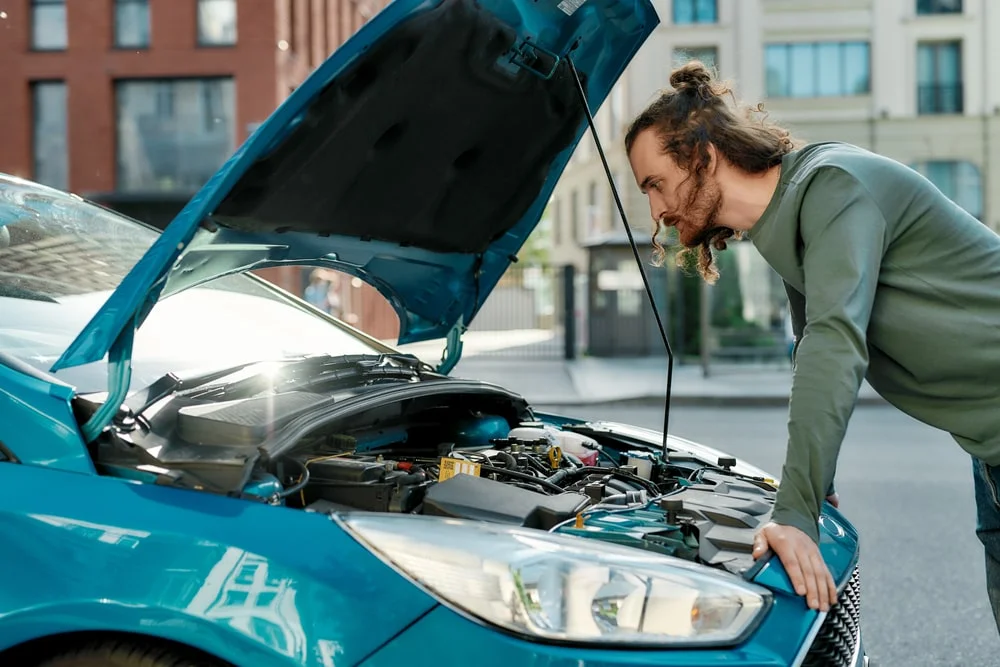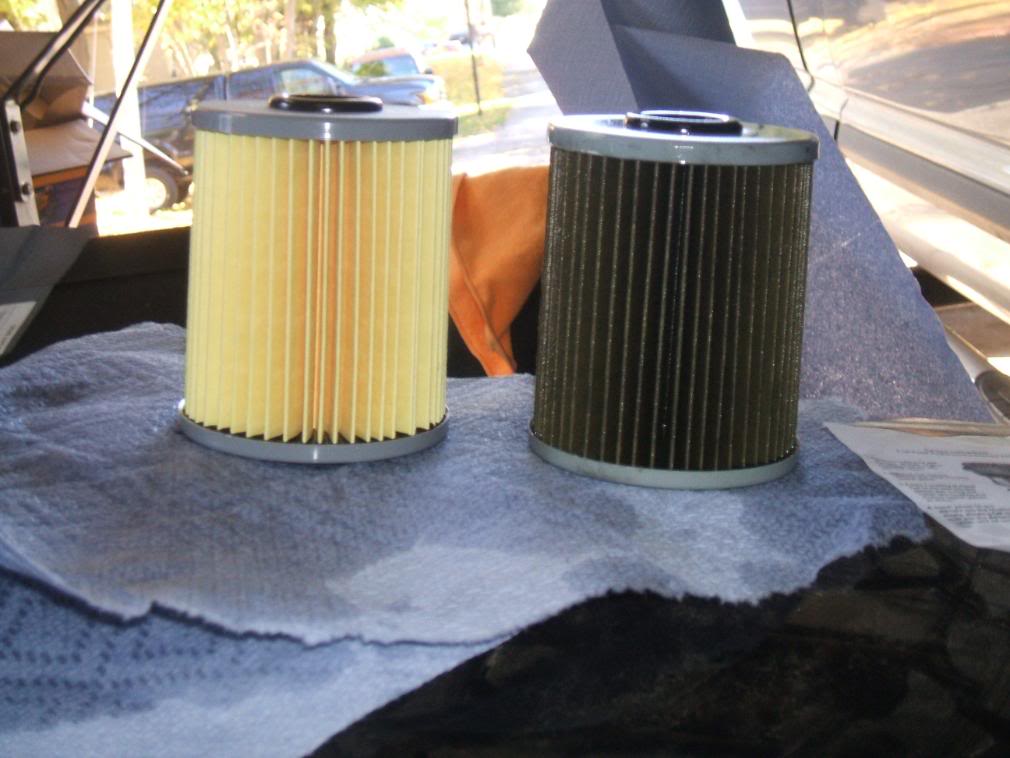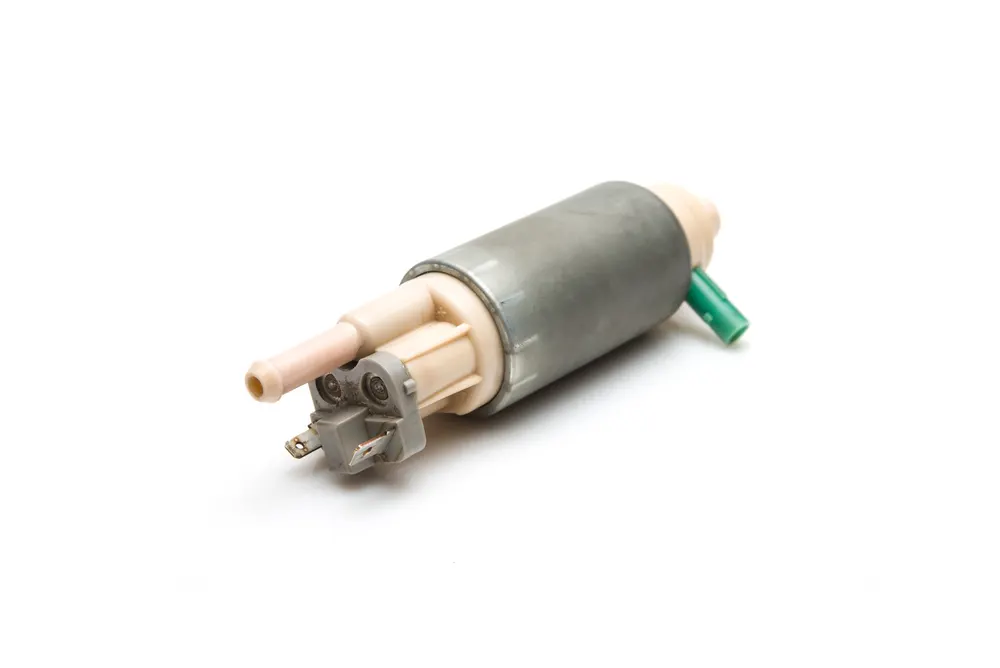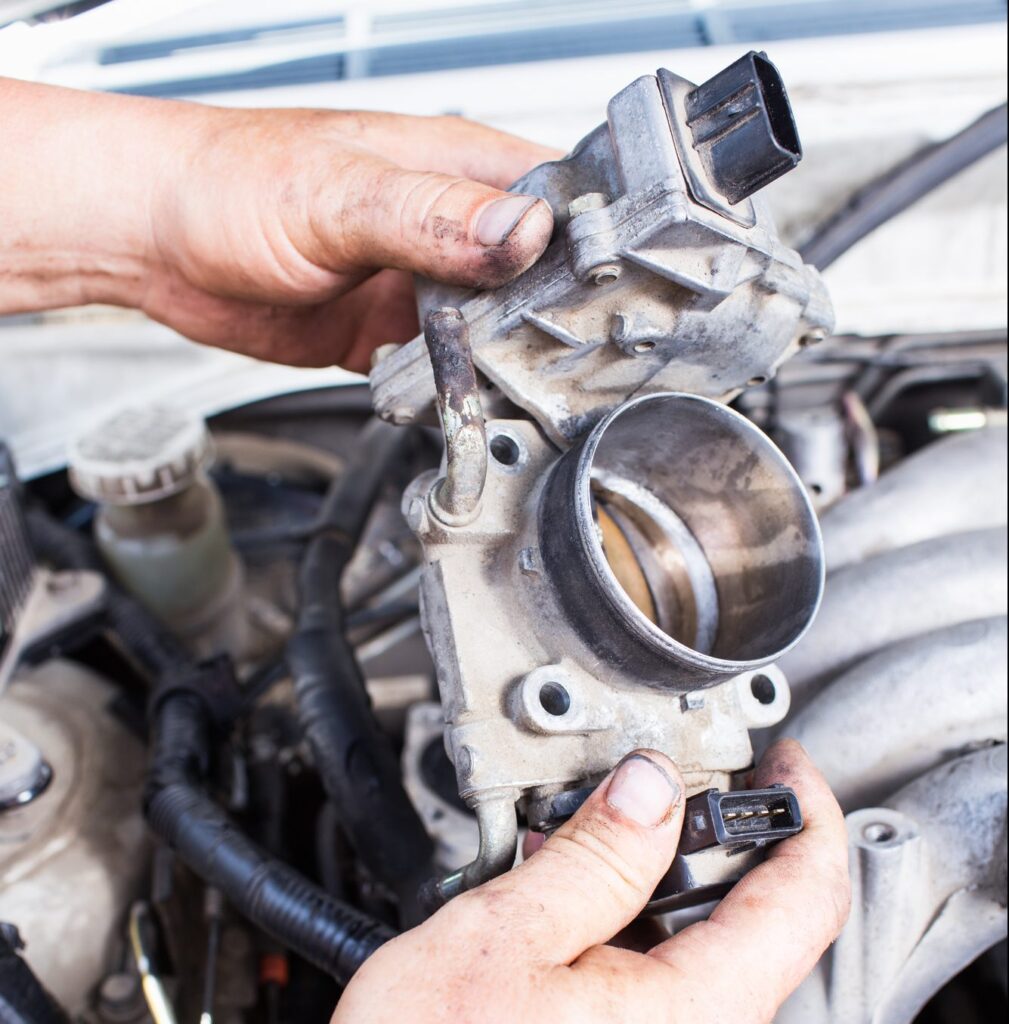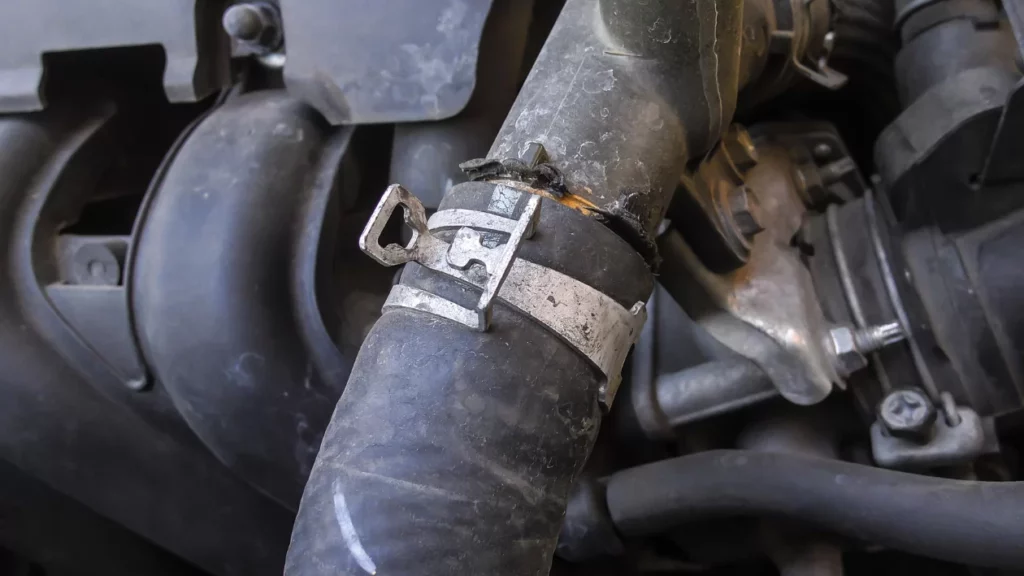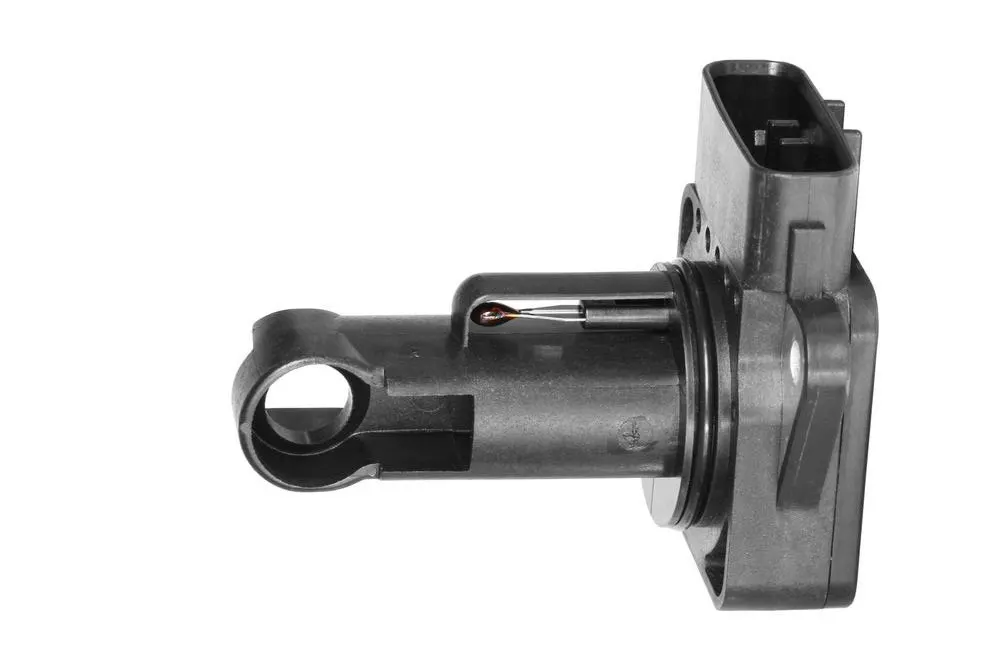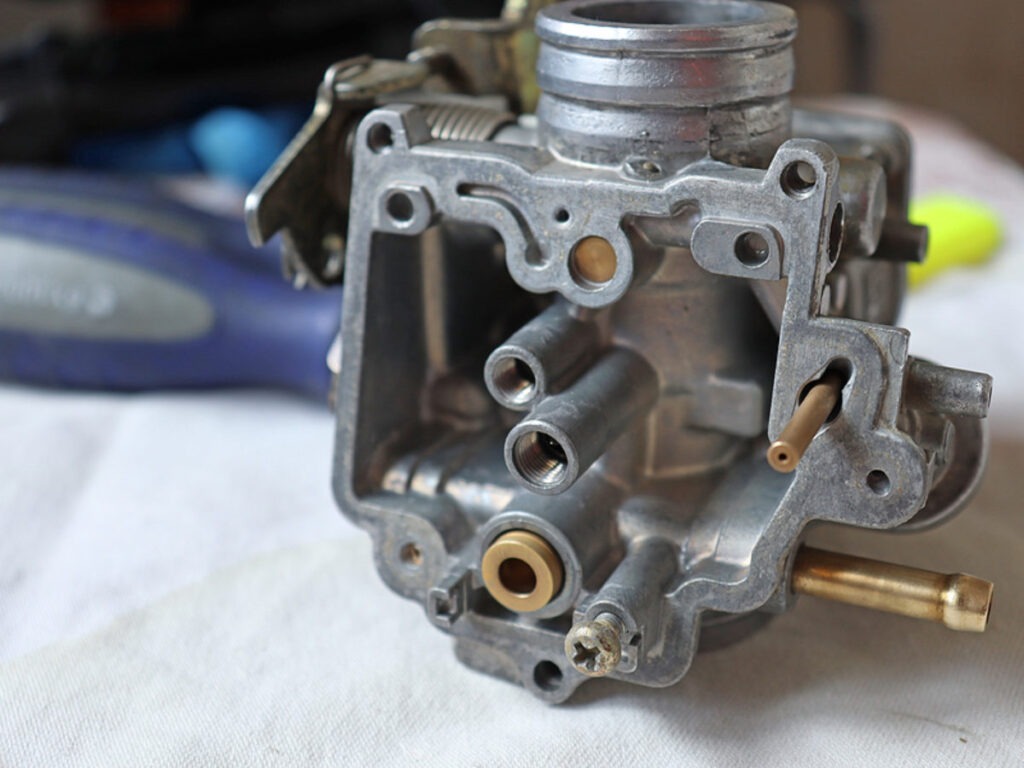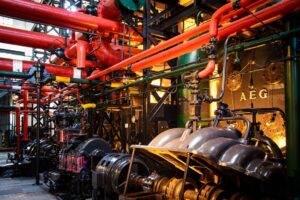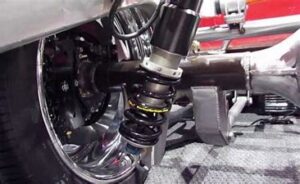Car troubles may be challenging to deal with, especially when we don’t know what’s wrong. Car troubles can also be costly, even during the diagnostic process. Understanding a little bit of what is going on beneath the hood may frequently assist identify signs of common ailments. One of the problems that we are going to discuss here is car idles fine but dies when given gas.
Table of Contents
Possible Reasons For A Car Idles Fine But Dies When Given Gas
Clogged Air Filter, Dirty Fuel Filter, Malfunctioning fuel pump, Faulty Air Control Valve, Vacuum Leak, Faulty Mass Airflow Sensor, and Bad Carburetor.
It’s critical to comprehend the nature of these components, how they function, and how to prevent damage and available repairs with these typical causes in mind.
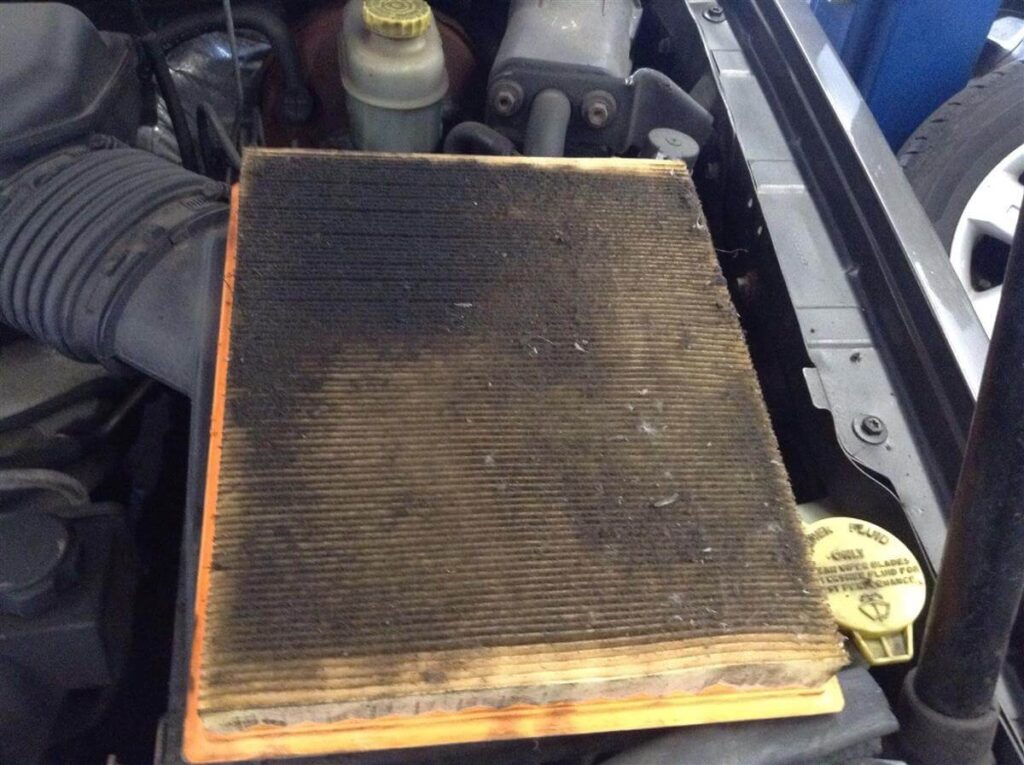
1. An Air Filter That Is Clogged
An air filter stops airborne dust from getting into the engine. But as a result, the filter becomes blocked as dirt and particles build up on it. When the filter becomes obstructed, the air won’t receive enough oxygen, and when you press the gas, the engine may shut off. A strong light shone behind an obstructed air filter will allow you to check it. The filter has to be replaced if it becomes overly clogged and the light becomes too dim or barely noticeable.
Solution: If your automobile won’t start because of the air filter, you’re in luck. Because it is inexpensive and simple to change air filters. The major cause of this problem is typically a filthy air filter. Check your air filter, and if it’s dusty or clogged, replace it.
2. A Clogged Fuel Filter
The fuel filter should be the next item you check if you’re still perplexed about why the car idles smoothly but sputters when you are accelerating after replacing the air filter. The fuel filter keeps the engine from ingesting tiny micro dirt that is contained in the gasoline. But if you don’t change your gasoline filter on a regular basis, it could get dirty and cause issues when you try to start your car.
Solution: Fuel filters may be changed much like an air filter. If the gasoline filter appears to be dusty, check it and replace it. To keep your engine safe, you should constantly swap out the gasoline filter at regular intervals.
3. A Defective Fuel Pump
The fuel pump is in charge of getting the engine enough gasoline from the gas tank. The fuel pump in older vehicles—generally those built before the 1980s—supplies gasoline to the carburetor. Your carburetor engine could have a bad fuel pump if it stops running after receiving gasoline. The engine receives less gasoline than necessary when you have a broken fuel pump. Firstly you’ll experience performance issues, and eventually, your car won’t even start.
Solution: It would be wise to get your fuel pump checked by a mechanic for any malfunctioning and replace it if need be. It won’t be as cheap as changing your air and fuel filters but you’ll be able to get your car up and running again.
4. Clogged Air Control Valve
Your ACV could be the reason why your car is sputter and then dies. In order to keep your engine running at the right pace, it regulates the airflow. The air control valve opens wider to allow more air to flow since the car needs more power when you press the gas pedal. The ACV, however, can cause harsh idling and fail to start if it becomes jammed or clogged. Modern cars’ check engine lights will also blink due to a broken control valve.
Solution: There are two possible causes of the air control valve’s issue: either it’s unclean or damaged. You can clean it if it’s dirty with a cloth and spray it with WD40 or carburetor cleaner. You should replace it if it’s not fixable.
5. Vacuum Leak
An engine of a car works by pumping air to the cylinders where it fixes with fuel to create combustion. Generally, it creates a vacuum for the engine to work efficiently. But if there’s a whistling sound just before it stalls then there’s a possibility of a vacuum leak which can fail the car from starting or even misfiring.
Solution: There are multiple reasons for a vacuum leak, most commonly including a blown casket or a leaking hose. You need to check your car to know exactly what’s causing this issue. Fixing a leaking hose is quite easy and cheap but if you find yourself with damaged parts then it can become pricy to fix them.
6. Faulty Mass Airflow Sensor
There can be a problem with the mass airflow sensor if the car idles but dies when you shift into gear. It measures the air mass entering the fuel system and transmits that data to the ECU. This information is taken into account by the ECU as it strives for the ideal fuel and air balance. However, if the airflow sensor malfunctions, it will sometimes produce a false reading and prevent the car from starting.
Solution: In most situations, the mass airflow sensor’s malfunction is caused by the build-up of dirt. This problem can be resolved by doing the cleaning yourself.
7. Bad Carburetor
Carburetors are used most frequently in older vehicles produced before the 1980s. The carburetor’s task is to combine the fuel and air to create the perfect combustion environment and get the engine started. The requirement for cleaning the carburetors arises over time. But the carburetor must be sent to a mechanic if any of its parts, such as its spring or butterfly valves, are broken.
Solution: Take out your carburetor and check it properly if you think it could be the problem. Try cleaning it with a cloth if it’s dirty and on it spray some carburetor cleaner. Start your car after putting it back. If cleaning your carburetor doesn’t work, it’s a good idea to take it to an expert mechanic. Make sure the technician you hire has prior experience working on carburetors since new mechanics might not be knowledgeable about them.
Conclusion
After going through the possible reasons and solutions for a car idles fine but dies when given gas, we now have a proper understanding of the situation and if you ever find yourself in one of these situations then you’ll be able to handle it.
Feel free to comment on what you thought of the article.
Read also: https://hydraulicsuspension.com/car-roof-water-leaking/
